– The Mathias Corvinus Collegium held a two-day conference on media last week featuring several prominent speakers from abroad. Why did you feel the need to organize this event?
– The media environment is undergoing transformations in the West, thus Hungary is forced to face these effects of change as well. Given the fact we share our problems, we should share our solutions as well.
– The conference was quite international – is a more domestically-oriented approach not enough to resolve these media relations?
– It sounds cliche, but it is true that technological advances create new platforms – from the development of the printing press to The Gutenberg Galaxy – but do not necessarily change the media’s monopolistic control over our consumption of information. In the XIX. century for example, people were informed of what was happening in the Parliament through what the newspapers wrote; later on, the same went for radio, then television, filling this role of information transmission. In other words, the media played a prominent role in providing information, but at the same time it held the great responsibility of maintaining objectivity. However, with the spread of the internet and social media this all changed: the monopoly ceased to exist, and anyone could become a news source or content creator. Traditional media fell into decline.
– Although, it seems that many of the former major players of the media are still around.
– This is true, but the media platforms that we considered dependable, credible sources a couple of decades ago – from the New York Times to the BBC – have clearly become tools for the progressive policy agenda.
– How has the progressive ideology contributed to the transformation of the media?
– Progressive circles responded to the aforementioned challenges by turning the media into a political mouthpiece for progressive-left-liberal ideas as this is the only way to maintain their ability to influence and operate the media business model. Opinion pluralism was thus completely overturned. In the past, the separation of the sanctity of news, freedom of speech and the provision of credible information were paramount to liberal media. But now it has become a just transmitter of the progressive liberal agenda. Western conservatives almost unilaterally report that their views have been all but banned from the mainstream media. That is why the conservative press has a very important mission: to counter this emerging imbalance and to ensure that opinions other than the mainstream are presented. We must put up a fight because otherwise we are headed towards a “soft Orwellian” world.




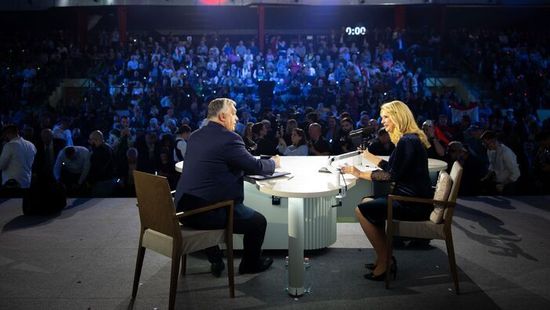



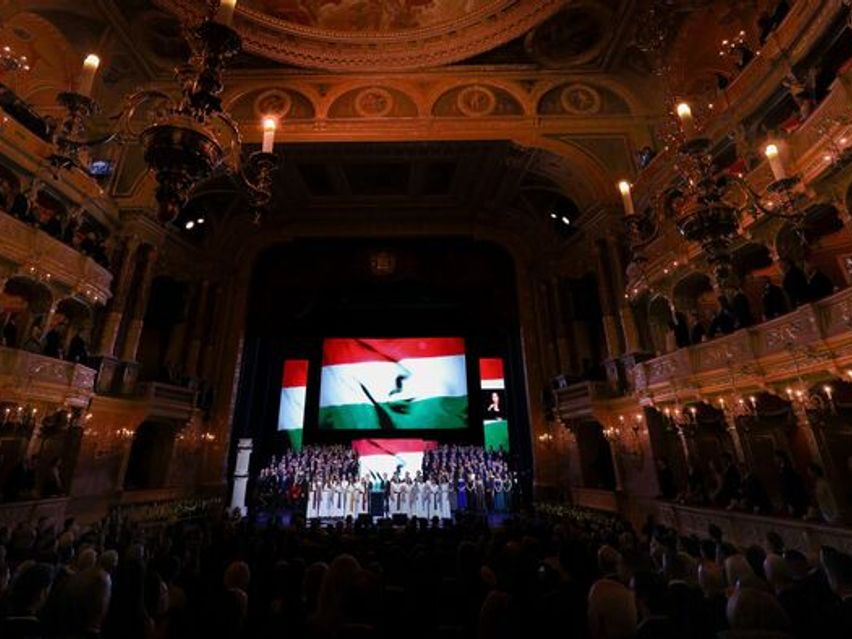


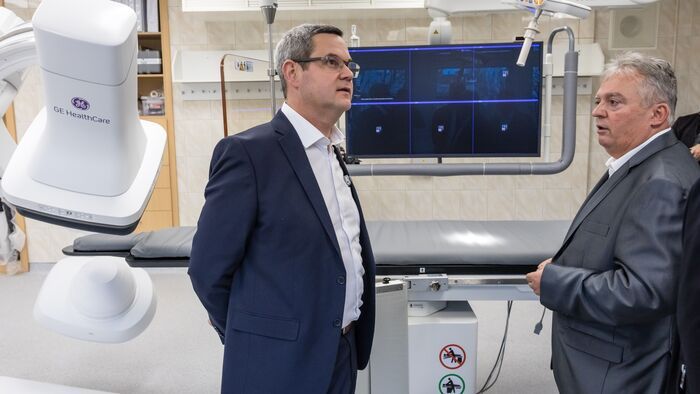


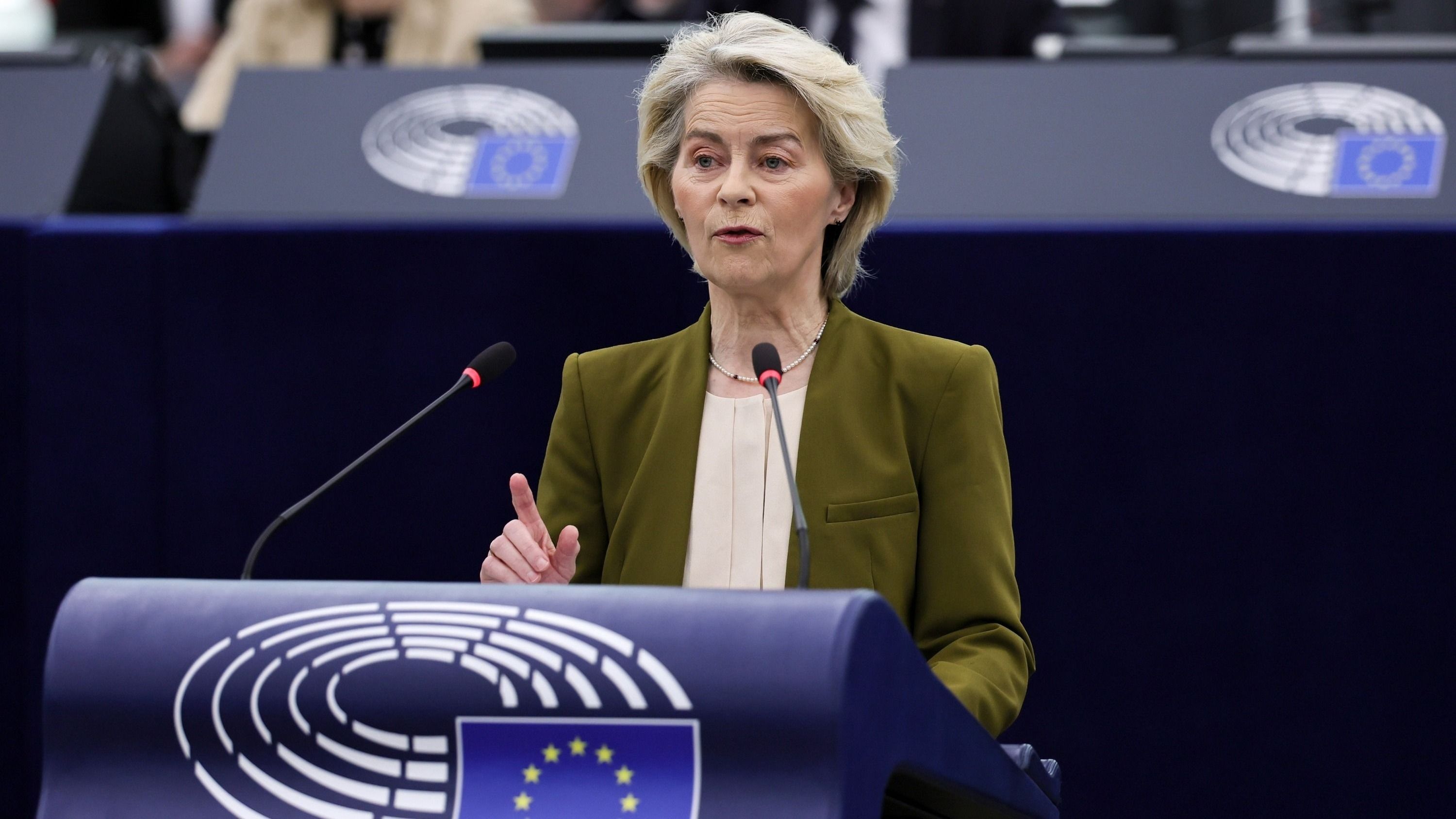

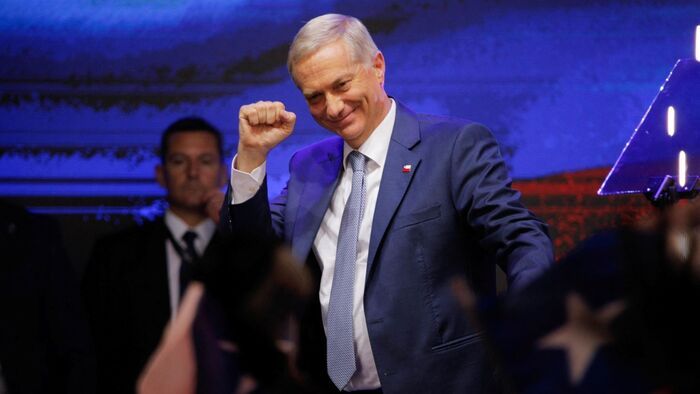
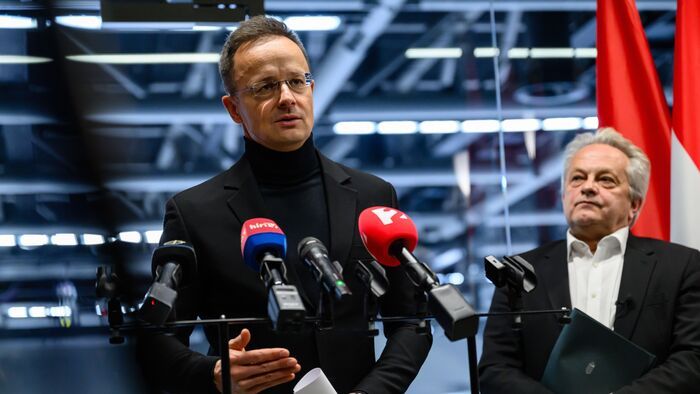

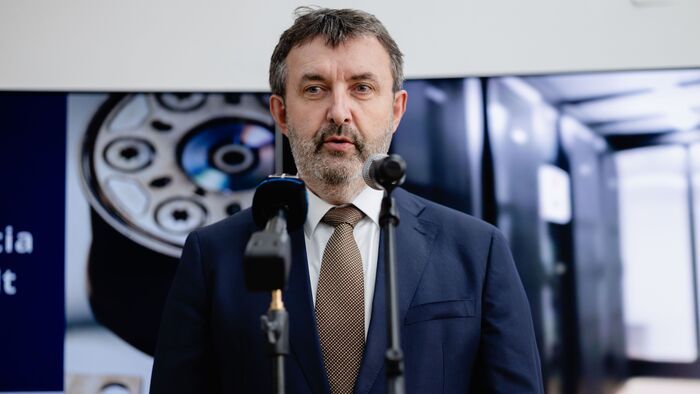



Szóljon hozzá!
Jelenleg csak a hozzászólások egy kis részét látja. Hozzászóláshoz és a további kommentek megtekintéséhez lépjen be, vagy regisztráljon!